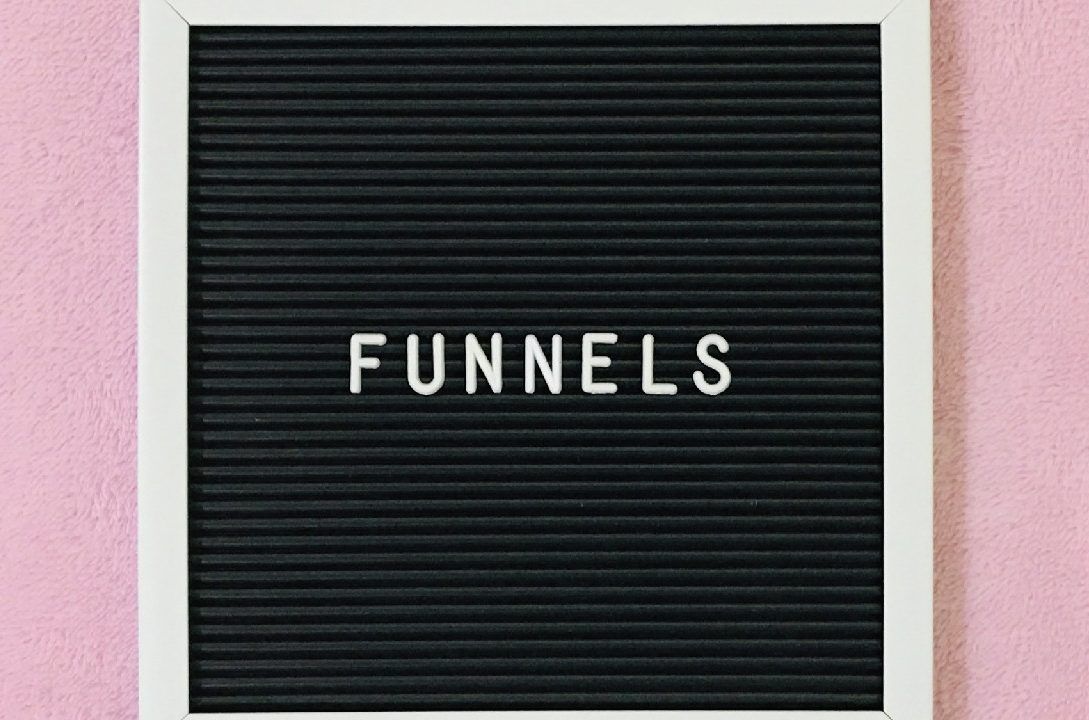In the world of marketing, understanding the customer journey is crucial for crafting effective strategies that lead to conversions and sales. The marketing funnel is a powerful model that maps out this journey, helping businesses identify opportunities and optimize their marketing efforts. In this blog post, we will delve into the marketing funnel, its stages, and how it can be utilized to drive success in today’s competitive business landscape.
What is a Marketing Funnel?
The marketing funnel is a visual representation of the customer journey, illustrating the various stages a potential customer goes through before making a purchase. It resembles a funnel because the number of potential customers gradually decreases as they move from one stage to the next. At the top of the funnel, there are a larger number of potential customers (awareness stage), and as they progress through each stage, the number narrows down (interest, consideration, decision, and action stages) until a smaller percentage of them convert into paying customers.
Let’s explore each stage of the marketing funnel in detail:
- Awareness Stage: At the top of the funnel is the awareness stage. This is where potential customers become aware of your brand, product, or service. They might have come across your social media posts, blog articles, online advertisements, or word-of-mouth referrals. The key objective at this stage is to generate brand awareness and attract a broader audience.Marketing strategies at the awareness stage include social media marketing, content marketing, search engine optimization (SEO), influencer collaborations, and online advertising. The goal is to capture the attention of potential customers and encourage them to engage further with your brand.
- Interest Stage: In the interest stage, potential customers have shown some curiosity and engagement with your brand. They may have signed up for your newsletter, followed your social media accounts, or interacted with your content. This stage is about nurturing their interest and turning them into leads.Email marketing, lead magnets (such as e-books or webinars), and targeted content are effective strategies to engage potential customers at the interest stage. Providing valuable information and addressing their pain points can build trust and establish your brand as an authority in your industry.
- Consideration Stage: In the consideration stage, potential customers are actively evaluating their options and considering making a purchase. They have expressed a specific interest in your products or services and are comparing them with competitors. To facilitate the decision-making process, provide case studies, testimonials, product demonstrations, and comparison guides. Personalized emails and retargeting ads can also remind potential customers of your offerings and encourage them to take the next step.
- Decision Stage: The decision stage is where potential customers are on the brink of making a purchase. They have done their research and are ready to choose a solution that best fits their needs. At this stage, offer incentives such as discounts, free trials, or limited-time offers to encourage them to convert. Ensure a smooth and user-friendly purchasing process to minimize any barriers to completing the transaction.
- Action Stage: The final stage of the marketing funnel is the action stage. It is the point at which potential customers become paying customers and complete the desired action, whether it’s making a purchase, signing up for a subscription, or filling out a lead form. After the conversion, focus on providing exceptional customer service, encouraging customer loyalty, and seeking feedback for continuous improvement.
Conclusion
The marketing funnel is a powerful tool that guides businesses in understanding and optimizing the customer journey. By tailoring marketing strategies to address each stage of the funnel, businesses can attract, engage, and convert potential customers effectively. Remember that the customer journey doesn’t end with the action stage; it loops back to create opportunities for repeat purchases and referrals. Embrace the marketing funnel as a guiding framework to drive success and growth in your business.
Related Posts:
Get Started with a free 15 -day trial
No credit card required for Trial Plan
Continue using starter plan for free forever, after trial or upgrade to Premium Subscription






